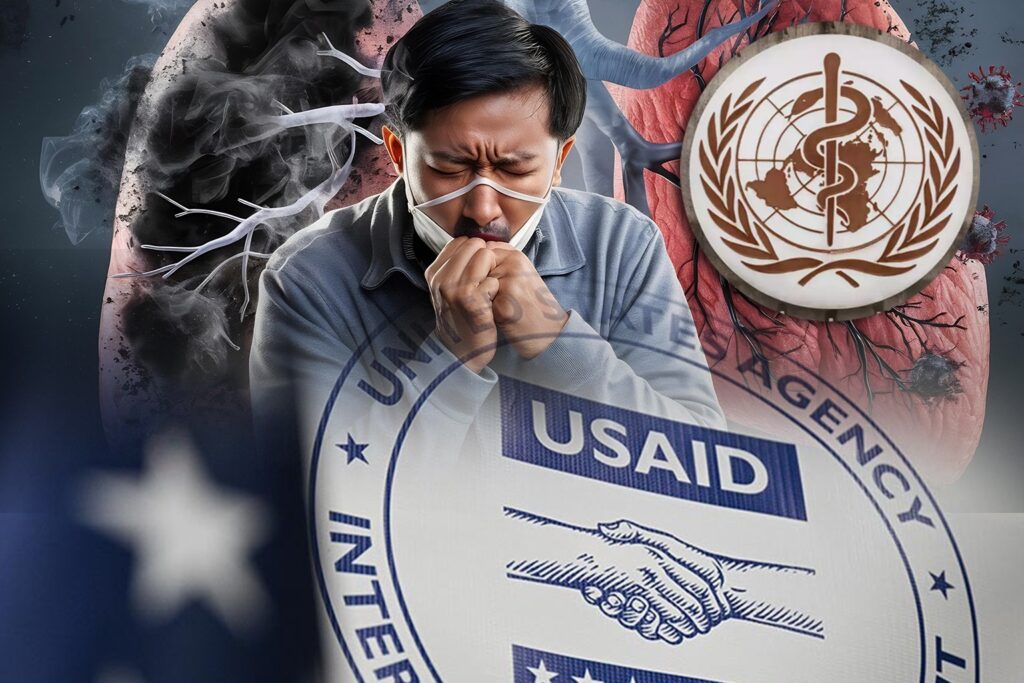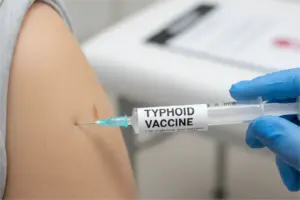
Bengaluru: Millions of lives are at risk due to the Trump government’s recent decision to stop U.S. foreign aid, therefore endangering vital initiatives to eliminate tuberculosis (TB) in low- and middle-income nations. Particularly in the most impacted areas, the World Health Organisation (WHO) has cautioned that this financing disturbance could undo years of effort against tuberculosis.
Director of WHO’s Global Program on TB and Lung Health Tereza Kasaeva voiced great worry about the possible outcomes. “Hard-earned progress in the fight against TB runs under danger without quick response. To save the most vulnerable and keep momentum toward eradicating TB, our combined reaction must be quick, targeted, and totally resourced,” she said.
Effects on Highly Burden Countries
With the African region bearing the most burden followed by the South-East Asian and Western Pacific regions, the funding cuts are projected to have a terrible impact on 18 high TB-burden countries. With almost 89% of their TB treatment initiatives funded by expected U.S. aid, these communities mostly depend on foreign money. Essential services including illness testing, monitoring systems, medicine supply chains, and healthcare worker pay are now under jeopardy without this funding.
A Major Obstacle in TB Research
Not only has the U.S. Agency for International Development (USAID) stopped its financial help but also stopped all financed research projects. Historically, this agency has supplied roughly a quarter of overall international donor money for TB programs—an estimated $200 million to $250 million yearly. This unexpected stop delays possible discoveries in disease prevention and therapy, therefore severely undermining scientific progress in TB control.
Growing Issues Regarding Health Professionals
With WHO predicting that worldwide health projects, many of which were funded by U.S. money, helped to prevent almost 3.65 million TB-related deaths last year, critical international aid has been absolutely vital in saving lives. Already causing disruptions in healthcare systems throughout impacted countries, the sudden depletion of resources leaves thousands of health professionals unsure about their future.
Although the outcome is yet unknown, a recent ruling by the U.S. Supreme Court offers some hope. The court decided against letting the Trump government stop paying foreign aid organizations for already provided services to the government. Still to be seen, though, whether this choice will result in restored financing for tuberculosis campaigns.
Nowadays, health professionals and international agencies advocate quick intervention to stop more losses in TB control. The worldwide campaign against one of the worst infectious illnesses might suffer an unparalleled crisis without quick financial backing, therefore destroying decades of public health improvement.








